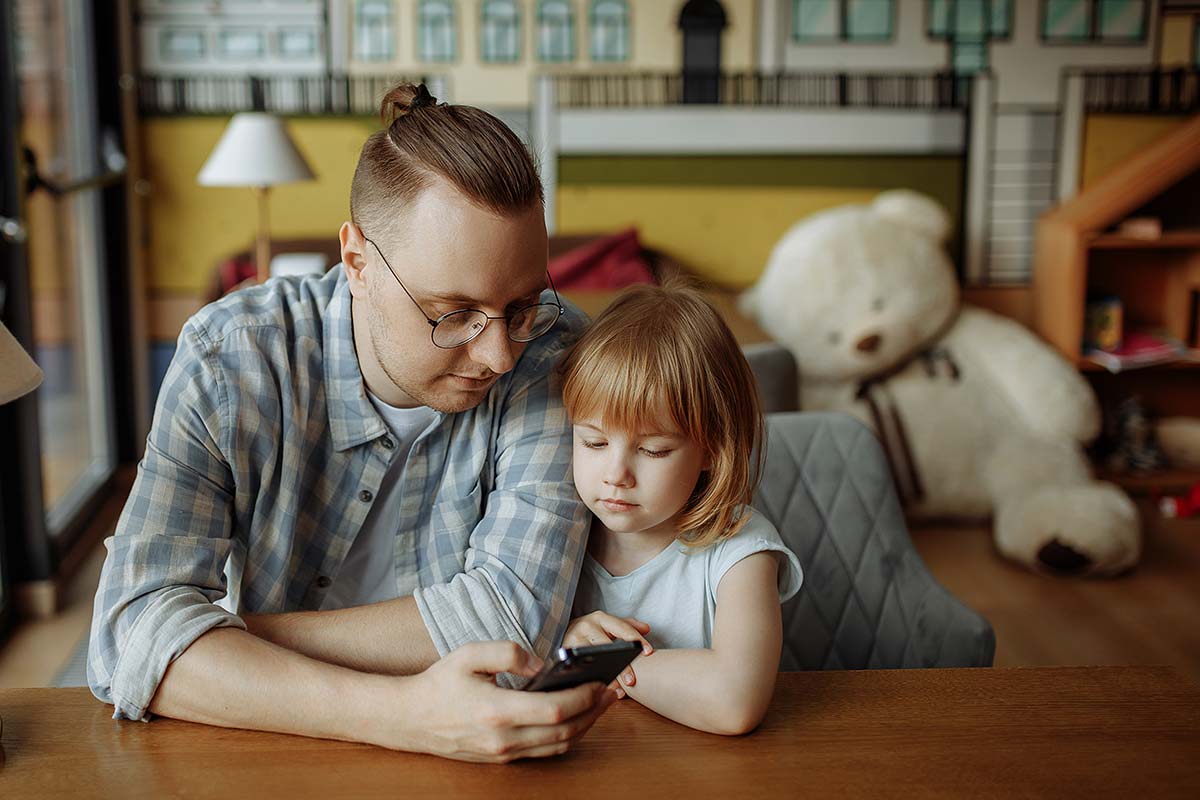
Tips to Becoming a Better Father During Divorce
Divorce can feel like your world is shifting under your feet—and if you’re a dad, it may leave you wondering how to stay strong and supportive for your children during such a tough time. The good news is that becoming a better father during divorce is not only possible—it’s one of the most powerful gifts you can offer your children.
This guide shares practical, encouraging tips rooted in James A. Baker’s Positive Parenting philosophy. Whether you’re navigating custody changes, emotional ups and downs, or co-parenting challenges, these tools will help you stay connected and be the steady presence your child needs.
Understanding Your Role During Divorce
Your role as a father doesn’t end when your relationship with your partner changes. In fact, your child needs you more than ever. During and after divorce, children often feel uncertain, anxious, or even responsible for what’s happening. Your presence can offer security, reassurance, and emotional grounding.
Positive Parenting emphasizes mutual respect, emotional safety, and open communication—three keys to showing up as the best dad you can be.
Tips to Becoming a Better Father During Divorce
1. Stay Consistently Present
Even if you're no longer living under the same roof, make a consistent effort to stay in your child’s life. Keep regular schedules for calls, visits, and routines. Being present—even in small ways—builds trust and emotional connection.
2. Practice Positive Communication
Children need to feel heard, not talked over. Use simple, reassuring language, and encourage your child to express their feelings without judgment. Avoid placing blame or venting about your ex in front of your child.
Positive Parenting Tip: Listen actively. Reflect your child’s feelings back to them—“It sounds like you’re feeling sad about the changes”—to validate their emotions.
3. Be a Safe Space Emotionally
Your child may not fully understand what’s happening. What they need most is to feel secure. Let them know that no matter what, your love for them is unwavering and unconditional.
4. Keep Your Promises
Reliability builds trust. If you say you’ll call at 7 p.m., follow through. When kids see that they can count on you, it eases anxiety and strengthens your bond.
5. Take Care of Your Own Mental Health
You can’t pour from an empty cup. Get support from friends, counselors, or fatherhood groups. Positive Parenting isn’t just about how you treat your child—it’s also about how you treat yourself.
6. Work Toward Cooperative Co-Parenting
As difficult as it may be, strive to communicate respectfully with your co-parent. Keep discussions child-focused and avoid arguing in front of your child. Cooperation, not conflict, helps children feel secure.
7. Lead by Example
Your child is watching how you handle stress, disappointment, and change. By showing emotional strength and empathy, you’re modeling how to face life’s challenges with resilience.
How Online Parenting Resources Can Help
You're not alone on this journey. Our Online parenting classes provide court-approved, flexible guidance that fits your schedule. These classes are grounded in James A. Baker’s Positive Parenting methods and offer tools to improve co-parenting, build stronger communication, and create lasting bonds with your children—even in the midst of divorce.
Final Thoughts
Divorce can feel like the end of something—but it’s also the beginning of a new chapter. As a father, you have the opportunity to shape that chapter with presence, compassion, and strength. Your consistency and care will be what your child remembers—not the conflict, but the love and stability you showed them.
Take a positive step forward today. Commit to becoming the dad your child needs—calm, confident, and full of love.